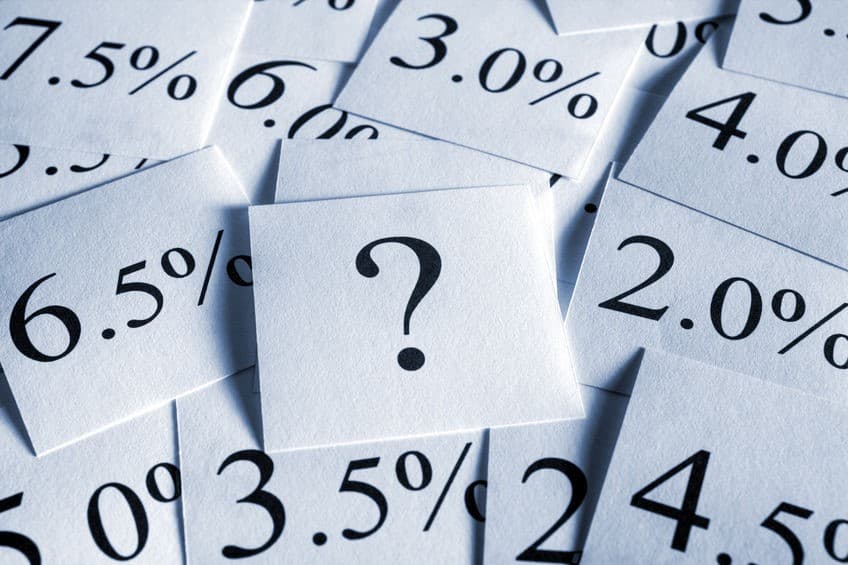Many are feeling the financial stress from the effects of the COVID-19, the extra expenses of the festive season and the coming Chinese New Year, and most of all, the tax season. Often around this time of the year, banks roll out all kinds of promotional offers on tax loan products to attract those who may need to take out a loan to make it through the tax season. If you are thinking about doing so, do take into consideration your repayment ability and steer clear of the following pitfalls.
Pitfall 1: A longer repayment term is better

It is a common misconception that loans with longer terms are better because of the smaller monthly repayment amount. While an extended term does mean smaller monthly payments, we will end up paying more because of the total interest occurred during the period. Besides, any outstanding debts in the credit report may affect future emergency loan applications. If we take out another tax loan in the new tax season without paying off the old one, it will only induce more financial stress.
Pitfall 2: “Guaranteed” lowest interest rate

The lowest interest rate highlighted in many tax loan advertisements are often conditional. For example, it may only be applicable to large loans or for selected clients. If you do not meet the requirements, the actual interest rate may end up significantly more than what is being advertised. While most personal loan products, including tax loans, claim to offer monthly flat rates, such rates do not fully reflect the actual borrowing cost, which may include not only the interest, but also handling charges and administrative fees. To fully understand and compare tax loan products by different institutions, you should refer to the annual percentage rate (APR) which covers interest, other fees and charges, and truly reflects the actual borrowing cost.
Pitfall #3: Get a tax loan for shopping or investing

Many tax loan products highlight their low interest rates, enticing you to take out a loan for purposes other than paying taxes, such as investing. However, all investments involve some degree of risk. You can end up losing your principal and still be obligated to pay the interest of your loan. In some cases, you may not be able to cash out from your investment profits in time to make the loan repayment, resulting in penalty interest on such overdue repayment. If you are taking out a tax loan to pay off other personal loans of higher interest rates, bear in mind that the bank may charge an administrative fee or penalty interest for early repayments. While it is true that you can save on interest payments by paying off your credit card debts with a tax loan, it is just as important to manage expenses prudently so overspending does not become a habit. Avoid spending the borrowed money on shopping and entertainment, which will make you sink further into debt.
Borrow what you can repay
Loans should only be taken out as necessary and based on your repayment ability. Otherwise, you may end up in a debt spiral and it can damage your financial well-being. Use IFEC’s “Borrowing and Debt Calculator” to work out the monthly repayment amounts under different loan amounts, terms and interest rates to find a suitable solution.
More:
Tis the tax season: Tax Loan Q&A
A Pain-free Tax Season






